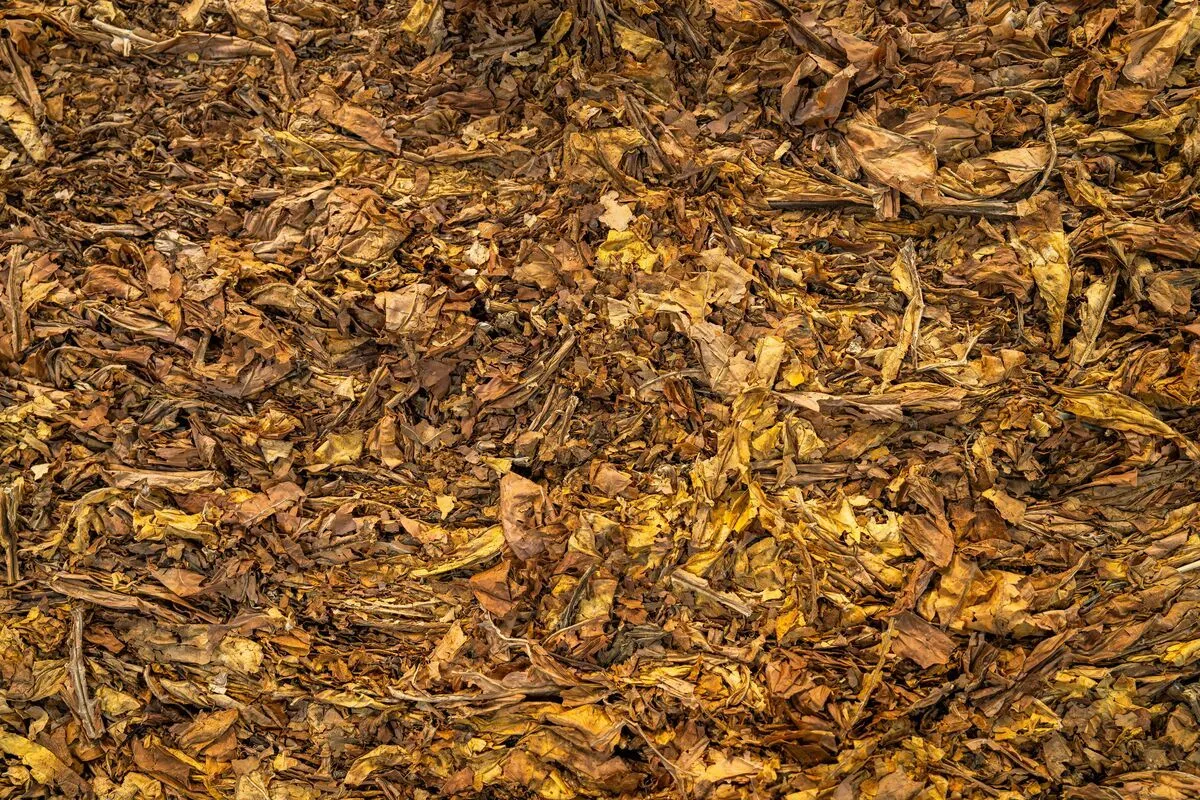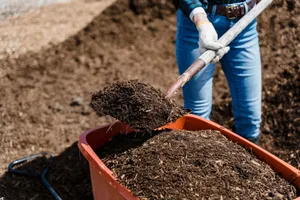
Your Compost is Finished. Now What? A Guide on How to Store Compost
You did it! You turned a pile of kitchen scraps and yard waste into rich, crumbly, beautiful black gold. But now you’re staring at a huge pile of the stuff, and your garden beds are already full. What do you do?
The big question everyone asks is: how do you store compost without it going bad? Will it spoil? Will all the good stuff just die off?
Let’s get one thing straight. Finished compost isn’t like a gallon of milk with an expiration date. It’s a stable, earthy material packed with organic matter and slow-release nutrients. While it is full of living microbes when it’s fresh, its value doesn’t just disappear if it sits for a while. Even if it dries out, the good stuff is still there. Once you add it to your garden and it gets some moisture, the local soil life will move right in and get back to work.
So, don’t stress. Storing compost is easy. You just need to keep a few things in mind.
The Best “Storage” Method: Use It Now
Honestly, the best way to store compost is to not store it at all. If you can, the ideal place for your finished compost is right in the garden.
Spreading a thick layer over your vegetable beds in the fall is a fantastic strategy. Just lay it on top of the soil and let it be. Over the winter, worms and weather will work the nutrients down into the soil for you. This is a great way to improve your soil structure and get your garden ready for spring planting, way ahead of schedule.
4 Simple Ways to Store Your Compost Pile
If you can’t use it all right away, no problem. Maybe you need your compost bin for a new batch or you just don’t have a place for it yet. Here are four practical ways to store compost until you need it.
1. The Simple Tarp Pile
This is the easiest method by far. Just pile your finished compost on the ground in an out-of-the-way spot. Then, cover it with a heavy-duty tarp. Use rocks or bricks around the edges to keep the tarp from blowing away.
This approach keeps excessive rain and snow from making your pile a soggy mess, but it allows a little moisture to stay in. Plus, worms from the ground below can still find their way in and add even more goodness. The only downside is that it can be a bit of an eyesore.
2. Heavy-Duty Bags
You can absolutely store compost in bags. Thick, black plastic contractor bags or large, reusable grow bags work great.
Just fill the bags with your compost. If you’re using plastic bags, don’t seal them airtight. Loosely roll the top down to keep rain out while still letting a little air circulate. Store them in a shady spot, and you’re good to go.
3. Plastic Totes or Garbage Cans
My personal favorite method involves a cheap plastic tote or a garbage can with a lid. It’s mobile, tidy, and keeps everything contained.
The key to this method is adding air holes. Drill a few half-inch holes around the upper sides of the container. This allows for just enough airflow to keep the compost healthy without letting rain in. Put the lid on top, and you have a portable compost caddy you can wheel around the garden whenever you need a scoop.
4. In Your Original Bin
This might seem obvious, but if you don’t need to start a new batch right away, you can just leave the finished compost where it is. If you have a multi-bin system, you can just let one side rest while you start filling the other. Just keep the lid on to protect it from the weather.
The Golden Rules of Compost Storage
No matter which method you choose, the goals are the same:
-
Manage Moisture: You want your compost to stay slightly damp, like a wrung-out sponge. You don’t want it soggy and anaerobic, but you also don’t want it to become bone-dry dust. If it gets too dry, just give it a light spray with a hose and a quick stir.
-
Allow Airflow: Compost is a living ecosystem that needs to breathe. That’s why we drill holes in bins and don’t seal bags airtight. Stagnant, airless compost is sad compost.
That’s it! Knowing how to store compost is another great skill for any gardener. It gives you the flexibility to make this amazing soil amendment on your own schedule, ensuring you always have a supply of black gold ready for your plants.
Related Articles
Continue exploring with these related gardening articles.
